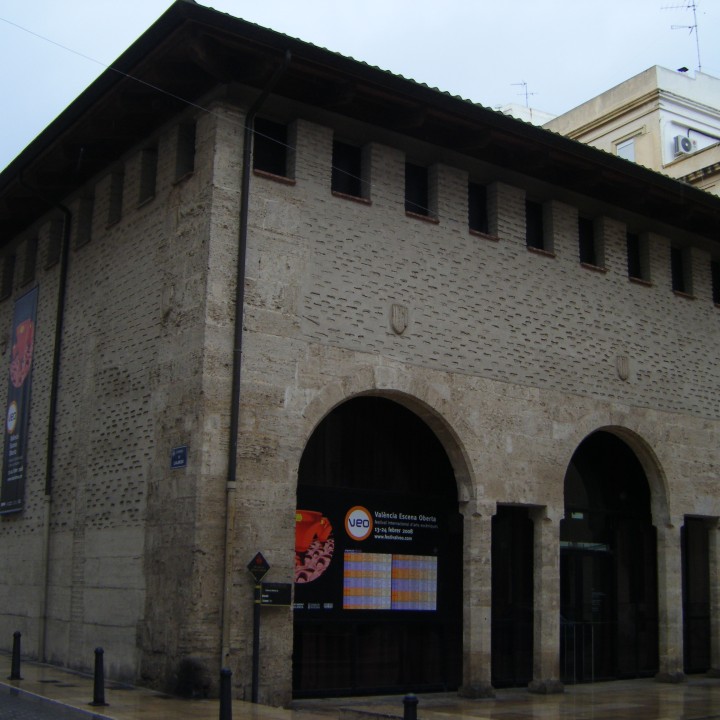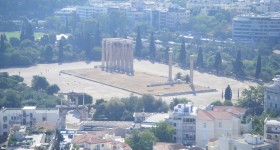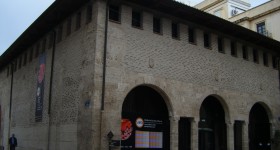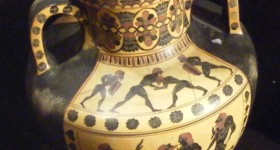The Arabic Invasion of Europe

Arab influence on European culture was undoubtedly important and long lasting. The Byzantines were the first people that came in direct contact with the Arabic civilisation.
On 14 September 628 the byzantine emperor Heraclius returned to Constantinople victorious after his military clashes with the Persian neighbours. He brought with him the True Cross of Christ that, until then, remained in Jerusalem. The Cross had a powerful meaning for the people of Constantinople. It signified the fact that Persia would never threaten the byzantine empire again!
The Persians may have stayed in the shadows for the subsequent centuries but another force made its presence known in the area. The Arabs, an islamic civilisation, moved out of Arabia in 633 AD and headed north, towards the southern provinces of the byzantine empire. The move lasted several decades during which time, they conquered Damascus, Jerusalem, Syria, Egypt, Armenia, the Persian empire, Afghanistan and Punjab. When they reached the limits they could afford in the east, they turned west. By 711 AD they conquered north Africa and they invaded Spain. By 732 AD they have crossed the Pyrenees and reached France.
The Byzantines were certainly aware of the Arabic threat and the imminent annihilation of their world. The Arabic army camped outside their capital, Constantinople, for almost four years (674-677 AD)! The city was saved through the stubborn resistance of its inhabitants and the employment of a new ‘chemical’ weapon, the Greek Fire. The Arabs may not have conquered the byzantine empire but it certainly influenced it in other ways.
The building of mosques across the byzantine empire became a common feature after some time. After all, the byzantines were not oblivious to the (mostly commercial) advantages that the Arabs could offer them. The Orthodox patriarch Nikolaos I Mysticos who lived during the 10th century said to the muslim Emir of the island of Crete:
“The two Great Powers of the Universe, Byzantium and Islam, shine like the all shiny stars in the sky. So, despite our differences in religion and customs, we should always be in friendly terms, like brothers, and cooperate harmoniously’.






I like the Nikolaos does a nice riff of Theophylact Simocatta’s “two eyes of the world”.
I had no idea about the connection. Thanks!